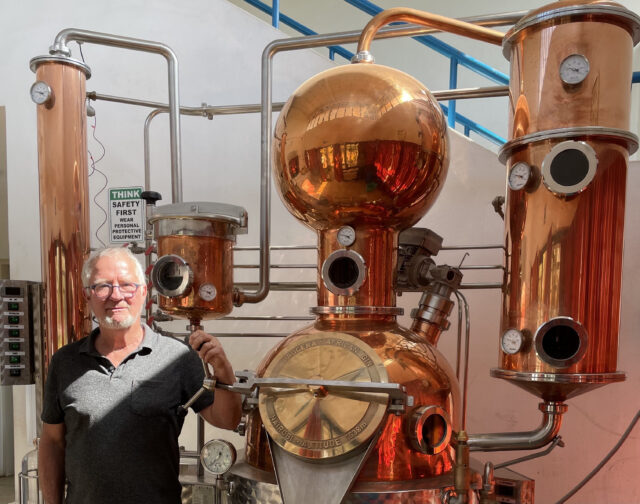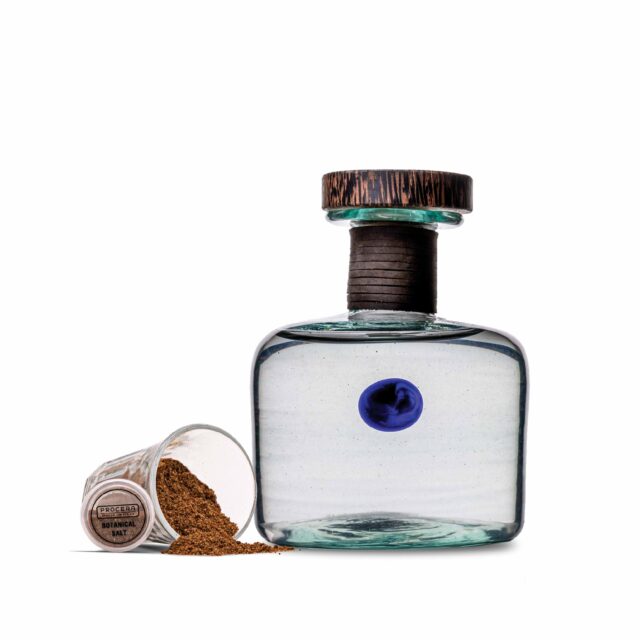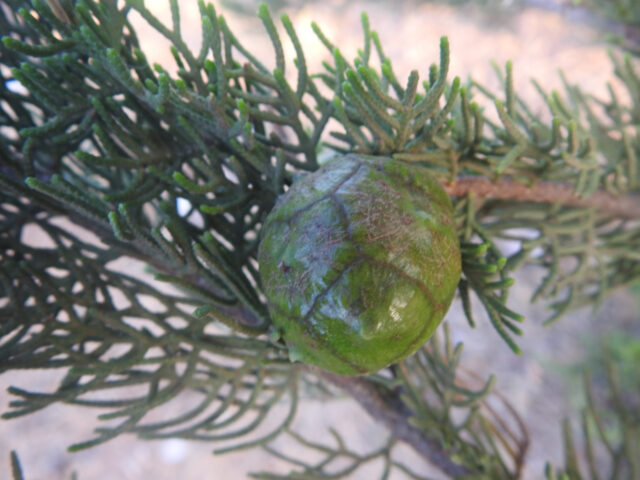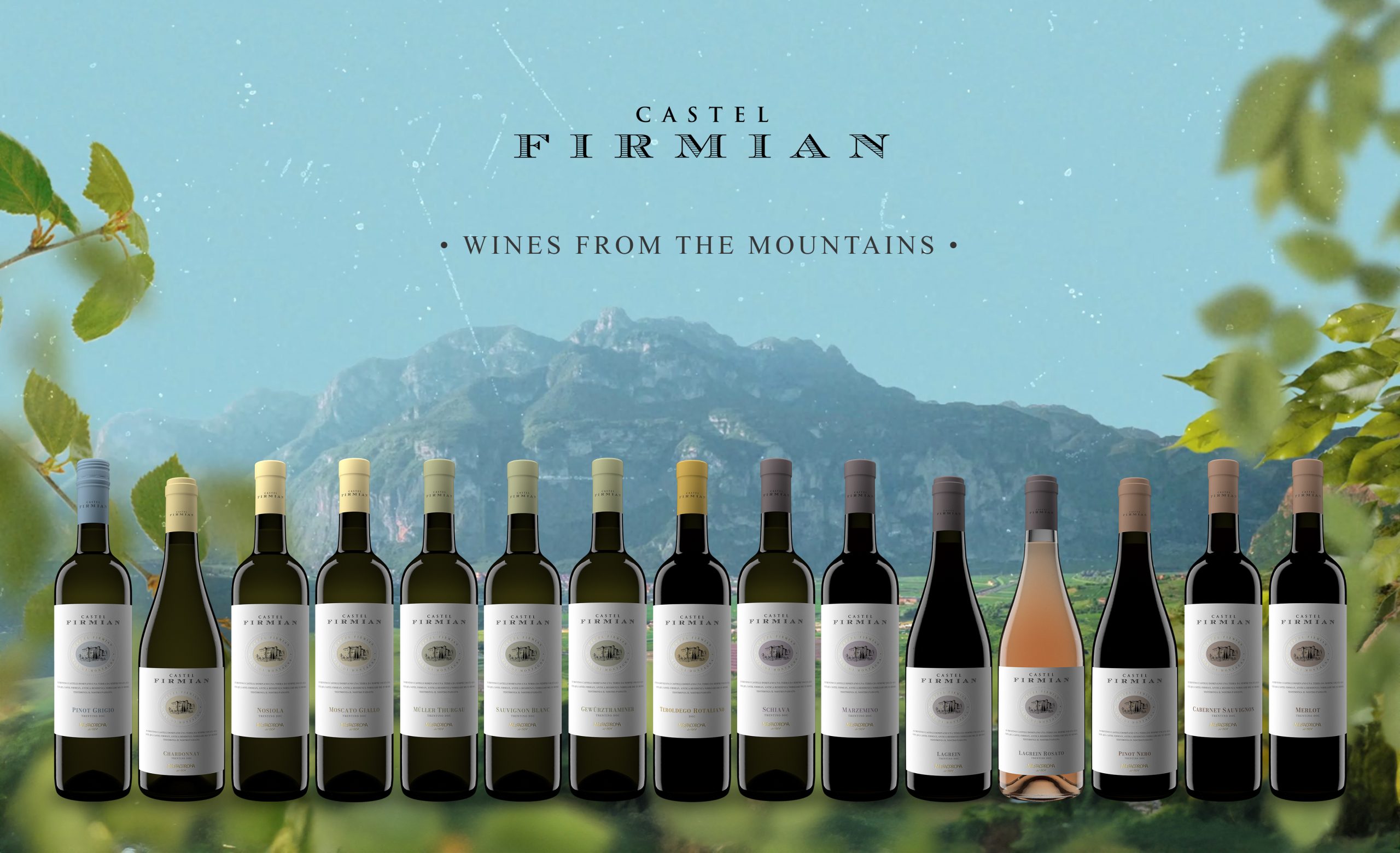New Kenyan gin shines a light on African juniper
Procera, a new high-end, small batch gin from Kenya, hopes to shine a light on African juniper as an interesting alternative to common juniper.

The first gin in the world to be made with fresh juniper procera berries grown in the highlands of Kenya, from which the gin takes its name, Procera has gone on sale in the UK priced at £70 a bottle with Enotria&Coe looking after the UK distribution.
The use of African rather than common juniper lends Procera, which is distilled and bottled in Nairobi, an earthy, nutty depth and a spicy finish.
In addition to African juniper, Procera is made with nine other botanicals found growing in the African continent, including Madagascan pink pepper, Moroccan orris root and Somali honey.

The gin is housed in 50cl hand-blown glass bottles made by Kenyan artisans. The small batch nature of the project means that only 100 bottles can be made a day, and only 6,000 have thus far been released.
Hoping to expand its footprint this year, the gin is currently on sale in the UK, US, Hong Kong, France and Germany.
Having brought it into the UK and helped it secure listings at bars like Dukes and The Connaught while working for Enotria&Coe, spirits specialist Ivan Dixon is now a co-owner of the brand.
Procera’s master distiller, Roger Jorgensen, believes the use of fresh African juniper helps Procera to stand out in a crowded gin market.
“Juniper berries grown in the tropical sun are gorgeous. We pick them when they’re fresh and green, meaning you get a bright, fresh greenness in the taste.
“In my opinion, fresh juniper makes better gin, as it keeps its brightness and offers a true taste of the terroir. When you dry things it doesn’t speak of the terroir in the same way.
Partner Content
“African juniper is nuttier, earthier and more sun-kissed than common juniper, but the greenness is even more of a signature,” Jorgensen said during a Zoom tasting of Procera hosted for the UK trade.
In addition to the brand’s flagship gin, Jorgensen has made two additional expressions – a spicy gin designed to be used in a Negroni and another made solely from African juniper.

Of the spicy gin, Jorgensen said: “It has a bright juniper start with a strong umami mid-palate then pepper aromas that pinball around your palate in a long finish. I wanted it to be able to stand its ground in a Negroni and not let the Campari have all the fun.”
Jorgensen is perhaps most excited by his single botanical gin, which he says smells like “standing in a pine forest”. In addition to fresh African juniper, the gin is made with a portion of dried juniper procera, fresh foliage from the trees, which grow at up to 3,500m altitude, and juniper wood.
“We had an ‘aha’ moment when we first tasted it. It blew us away that we could get that level of complexity from a single botanical gin. It’s a true representation of the terroir and the possibilities for it are so exciting,” said Procera’s founder, Guy Brennan.
“I want to convince South African distillers to use African not European juniper as it’s falling on the ground and going to waste. I’d like it to have protected status like a French AOC,” Brennan added.
He also feels distillers should be experimenting with different types of oak away from the traditional French and American oak widely used in spirits ageing. “African wood can be as good if not better than French and American oak. It’s crazy that the industry only uses two types of wood.
“We’ve been doing trials with different African woods like coconut and mango, which I think have a huge future. I’m excited about what coconut wood does to alcohol – it brings out a leather note that would work well with an agave-based spirit,” Brennan said.
“Mango wood gives you the smell of sweet popcorn when you go to the movies, and would work well with a Bourbon,” he added.




